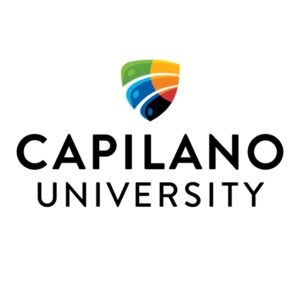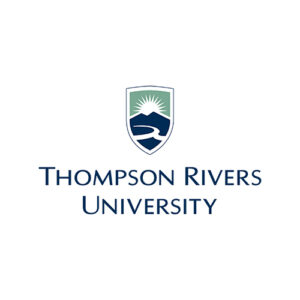 Study in Canada
Study in Canada
Talk to an expert counsellor for FREE!

 Study in Canada
Study in CanadaTalk to an expert counsellor for FREE!
Canada offers world-class education, affordable tuition, and excellent career opportunities. Students benefit from a safe, multicultural environment, work permits during and after studies, and a high quality of life. With top-ranked universities and pathways to permanent residency, Canada is a smart choice for international students.
Canada’s education system emphasizes research, innovation, and hands-on learning, preparing students for global careers. The country provides generous scholarships, internship opportunities, and a welcoming atmosphere for international students. With stunning landscapes, diverse cities, and a thriving job market, studying in Canada ensures both personal and professional growth.

Here are some popular courses you can consider while studying in Canada:
| S.No. | Institution | QS Ranking 2025 (Globally) |
|---|---|---|
| 1 | University of Toronto | 25 |
| 2 | McGill University | 29 |
| 3 | University of British Columbia | 38 |
| 4 | University of Alberta | 96 |
| 5 | University of Waterloo | 115 |
| 6 | Western University | 120 |
| 7 | Université de Montréal | 159 |
| 8 | McMaster University | 176 |
| 9 | University of Ottawa | 189 |
| 10 | Queen's University at Kingston | 193 |








